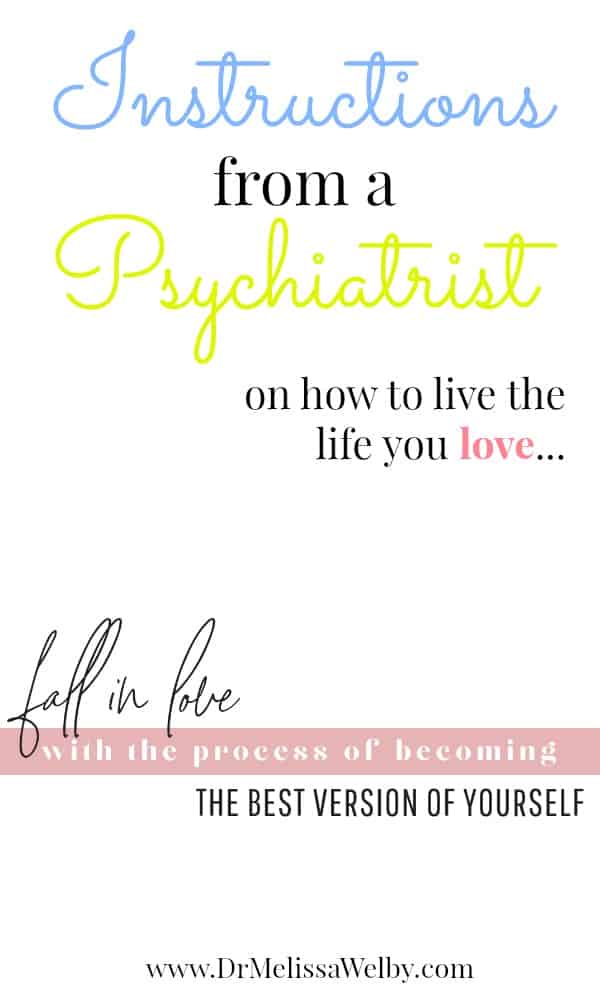It’s hard to sustain effort over time. Sometimes it’s easier to get started than it is to keep going. This happens all the time with New Year’s Resolutions…if you belong to a gym you are well aware of the crowds that come in January and how quickly it goes back to normal in the next month or two. People often spend all their energy gearing up to get started and forget to plan for how to keep going.
In the first 2 posts in this series, we covered the difference between dreams and goals (and why they are both essential) and learned how to set SMART goals. Now that you have dreams and a plan in place for how to meet them, ensure your success by learning from the past and using organizational tools (and people!) to help you stay organized and accountable. An effective goal setting process incorporates opportunities to reassess and refocus when needed.




















